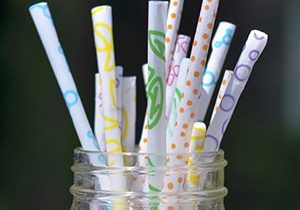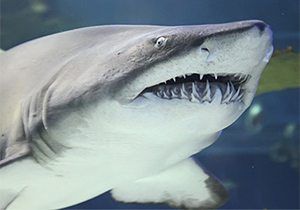
Animal myths: Fact or fiction primary resource
Evaluate evidence to discover the truth behind five super weird animal tales
This primary resource gives children the chance to dispel well-known myths about animals. Discover the truth behind five super weird tales. Why do we think mice love cheese? What time of day do cockerels really crow? How do we know earwigs don’t crawl into ears?
Pupils will learn how tales can be created and passed on over time, and how we can learn more about animal behaviour to challenge those tales in our National Geographic Kids’ Culture primary resource sheet.
The teaching resource can be used in study group tasks for identifying fact and fiction, and learning how to research and verifying stories. It could be used as a printed handout for each pupil to review and annotate, or for display on the interactive whiteboard for class discussion.
Activity: Before showing them the resource, write the five animal myths up on the board and ask the children to take a class vote on each one, to vote for whether they believe the statement to be true or false. As a class discussion, ask pupils whether they have heard any of these tales before, and where they may have heard them? Why did they vote the way that they did? Handout the resource, or display it on the IWB and challenge each myth in turn. Are children surprised at the facts provided? Devise five of your own myths (e.g. ‘An elephant never forgets’, ‘Camels store water in their humps’, ‘Bats are blind’, etc.), and ask children to research them to decide whether they are true or false. What sources will they use to help them separate the fact from fiction? How reliable is their information?
N.B. The following information for mapping the resource documents to the school curriculum is specifically tailored to the English National Curriculum and Scottish Curriculum for Excellence. We are currently working to bring specifically tailored curriculum resource links for our other territories; including South Africa, Australia and New Zealand. If you have any queries about our upcoming curriculum resource links, please email: schools@ngkids.co.uk
This primary resource assists with teaching the following English objectives from the National Curriculum:
All pupils must be encouraged to read widely across both fiction and non-fiction to develop their knowledge of themselves and the world in which they live
National Curriculum Key Stage 1 English (Year 1) objectives:
Pupils should be taught to:
- develop pleasure in reading, motivation to read, vocabulary and understanding by: being encouraged to link what they read or hear read to their own experiences
Pupils should be taught to: understand both the texts they can already read accurately and fluently and those they listen to by:
- drawing on what they already know or on background information and vocabulary provided by the teacher
- making inferences on the basis of what is being said and done
Pupils should be taught to:
- participate in discussion about what is read to them, taking turns and listening to what others say
- explain clearly their understanding of what is read to them
National Curriculum Key Stage 1 English (Year 2) objectives:
Pupils should be taught to:
- participate in discussion about books, poems and other works that are read to them and those that they can read for themselves, taking turns and listening to what others say
National Curriculum Key Stage 2 English (Year 3 and 4) objectives:
Pupils should be taught to: understand what they read, in books they can read independently, by:
- checking that the text makes sense to them, discussing their understanding and explaining the meaning of words in context
- asking questions to improve their understanding of a text
National Curriculum Key Stage 2 English (Year 5 and 6) objectives:
Pupils should be taught to:
- distinguish between statements of fact and opinion
This English primary resource assists with teaching the following Literacy and English Third level objectives from the Scottish Curriculum for Excellence:
- As I listen or watch, I can:
- identify and give an accurate account of the purpose and main concerns of the text, and can make inferences from key statements
- identify and discuss similarities and differences between different types of text
- use this information for different purposes.
- I can show my understanding of what I listen to or watch by commenting, with evidence, on the content and form of short and extended texts.
- To help me develop an informed view, I am learning about the techniques used to influence opinion and how to assess the value of my sources, and I can recognise persuasion.
- I can independently select ideas and relevant information for different purposes, organise essential information or ideas and any supporting detail in a logical order, and use suitable vocabulary to communicate effectively with my audience.
Scottish Curriculum for Excellence Fourth level Expressive arts objectives:
- I can independently select ideas and relevant information for different purposes, organise essential information or ideas and any supporting detail in a logical order, and use suitable vocabulary to communicate effectively with my audience.
- I can show my understanding of what I listen to or watch by giving detailed, evaluative comments, with evidence, about the content and form of short and extended texts.
- To help me develop an informed view, I can identify some of the techniques used to influence or persuade and can assess the value of my sources.
Download primary resource
More Like

How to make paper straws

10 Facts About Ancient Rome

Satellite images hint at lost Mayan city









LEAVE A COMMENT
THANK YOU
Your comment will be checked and approved shortly.
WELL DONE,
YOUR COMMENT
HAS BEEN ADDED!
COMMENTS
CUSTOMIZE YOUR AVATAR